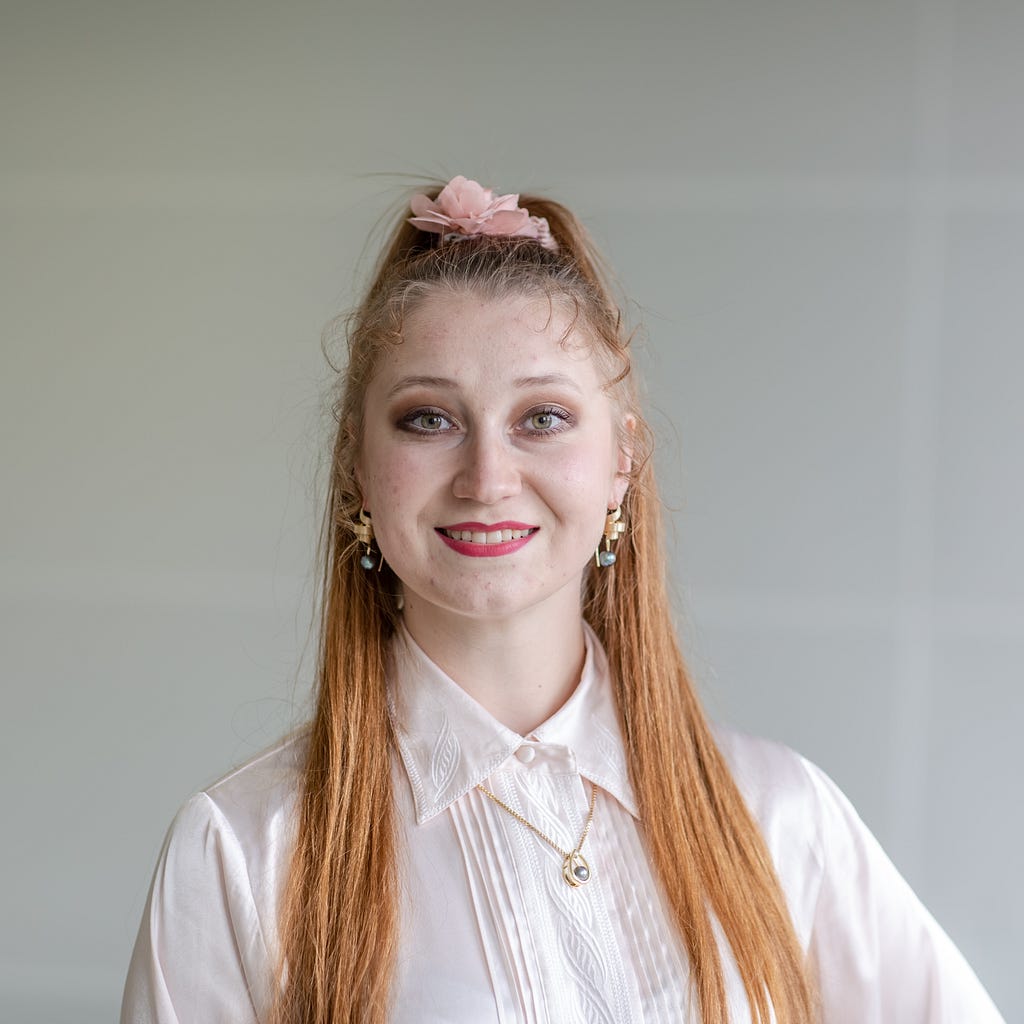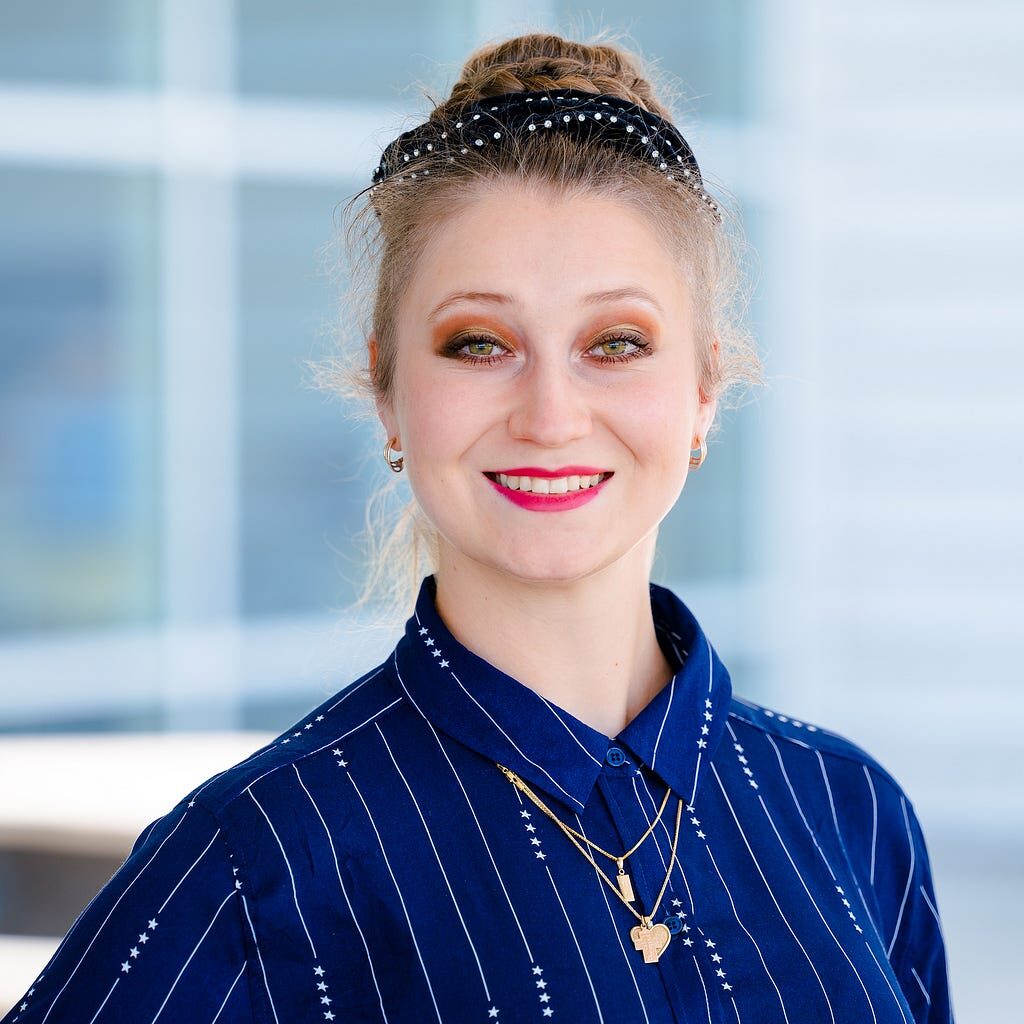An Interview With Monica Sanders
I’ve learned that it’s so important to think for yourself. Don’t let the doom and gloom of the naysayers hold you back from believing that you can make a change. Yes, we need to take action to enable a sustainable planet, but the most important element is to stay positive. A negative mind is not going to come up solutions, only excuses.
According to the University of Colorado, “Those who are most affected and have the fewest resources to adapt to climate change are also the least responsible for the greenhouse gas emissions — both globally and within the United States.” Promoting climate justice is an incredibly important environmental responsibility that is slowly becoming more and more recognized. In this interview series, we are talking to leaders who are helping to promote sustainability and climate justice. As part of this series, we had the pleasure of interviewing Dr. Margaret Kocherga.
Dr. Margaret Kocherga is the Ukrainian-born founder of Margik Inc, a startup that has revolutionized the way organic LED lights are manufactured (OLEDs are used in iPhones, TVs, and much more). She invented new technologies for producing organic LED lights that increases production speeds by 80%, reduces CO2 emissions by 66%, and increases OLED brightness by 11%. She’s received $1.43m in government funding along with a six-figure investment from Reinforced Ventures and received her PhD in nanoscale science from UNC at Charlotte.
Thank you so much for doing this with us! Before we dig in, our readers would like to get to know you a bit. Can you tell us a bit about how you grew up?
I grew up in Ukraine and moved to the USA at the age of 15. I didn’t speak any English and it was basically sink or swim. I first fell in love with being a professional dancer, but after an injury, I realized it wouldn’t be the right career path for me. I then fell in love with STEM and decided to become a scientist!
Everyone has a cataclysmic moment or marker in their life which propels them to take certain actions, a “why”. What is your why?
I would say that my “why” is because “why not?” If everyone believes in the idea that someone else will fix their problems, we won’t accomplish anything as a civilization. I believe in the idea that we need to learn how to solve problems ourselves and practice self reliance. As a scientist who is well aware of the potential catastrophes of man-made climate change, I feel that it’s my responsibility to do my part to provide a sustainable planet.
You are currently leading an organization that is making a difference for our planet. Can you tell us a bit about what you and your organization are trying to change?
Our main goal has been to do everything we can to make lights more sustainable and environmentally friendly. One OLED we create produces as much light as 4 LEDs while consuming 30% less power. This leads to lower CO2 emissions and a major reduction of toxic waste.
Can you share the most interesting story that happened to you since you began leading your company or organization?
Oh there are quite a few, but one that stuck out to me was when I faced discrimination due to being Ukrainian. I was raising funding from VCs and one investment group backed out of the deal after finding out I was Ukrainian. They cited that they were pro-Russia and would not be able to invest (this happened after the war in Ukraine began in 2022).
None of us can be successful without some help along the way. Did you have mentors or cheerleaders who helped you to succeed? Can you tell us a story about their influence?
The person that brought the biggest impact was my PhD advisor Tom Schmedake. He’s the definition of someone you want to be like when you grow up. He always managed to find time to teach, do outreach work in the lab with his students, go to events that three of his children had, and bring shrimp cocktails to his wife’s girls’ night.
He has limitless knowledge and even with topics that you randomly think about, he would know it in-depth or had done it before. He helped me when my father was down with cancer and always encouraged me to follow my own path. Whether it was researching new areas or going through customer discovery entrepreneurship programs, he didn’t have to do any of it, but he did, and I couldn’t be more thankful for him.
Thank you for that. Let’s now move to the central part of our discussion. Let’s start with a basic definition of terms so that everyone is on the same page. What does climate justice mean to you? How do we operationalize it?
To me, climate justice is about ensuring that we protect everyone from all ethnic and socioeconomic backgrounds from climate change. It’s about promoting the idea that the countries who so heavily profited from fossil fuels for example, should use the money they’ve made to promote sustainability. We can operationalize it through different avenues, whether it’s developing new sustainable technologies that are accessible for everyone, or helping change environmental laws that help protect those from unfairly underserved communities.
Science is telling us that we have 7–10 years to make critical decisions about climate change. What are three things you or your organization are doing to help?
The first thing I’m doing is ensuring that my startup is playing our part in the invention of new sustainable technologies. The second thing I’m doing is sharing my mind and not staying silent when it comes to climate matters. The third thing I’m doing is reminding both myself and others that we must remain optimistic but also work toward our goals of enabling sustainability on this planet.
Are there three things the community, society, or politicians can do to help you in your mission?
I feel that there’s a lot of different things we can do, but speaking from my own experience, this is what I’d say: if you’re interested in a STEM career path, perhaps focus on studying renewable energy and sustainability. Not only could you have a great long term career, you can play a massive role in changing the world. I feel that politicians need to have tighter laws regarding pollution and enabling sustainability as well. For those who aren’t on a STEM career path, I’d say to do your best to reduce your carbon footprint and waste overall. At the same time, be vocal about making changes because speaking up can make a difference.
How would you articulate how a business can become more profitable by being more sustainable and more environmentally conscious? Can you share a story or example?
Well in the case of my startup, Margik, the technologies I’ve developed both reduce CO2 emissions AND cut production costs. This is due to the fact that my technologies allow for the use of abundantly available materials for manufacturing OLED lights. I’m certain that with a bit more effort, many companies can find ways to become more environmentally friendly and cut costs at the same time. It doesn’t have to be a “hassle”, instead it can become a massive double benefit where companies are saving money and saving the environment.

This is the signature question we ask in most of our interviews. What are your “5 things I wish someone told me when I first started promoting sustainability and climate justice” and why?
1 . I’ve learned that it’s so important to think for yourself. Don’t let the doom and gloom of the naysayers hold you back from believing that you can make a change. Yes, we need to take action to enable a sustainable planet, but the most important element is to stay positive. A negative mind is not going to come up solutions, only excuses.
2 . I’ve learned that there are two big bubbles when it comes to the promotion of climate justice and sustainability. There are those that are completely unaware of climate justice and there are those that are completely aware of climate justice. I’ve found that people who are aware of climate justice are so aware that it’s hard for them to imagine not being aware. I’d say we have to take a serious, but balanced approach to spreading awareness of climate justice and sustainability. We need to come from an understanding point of view when it comes to spreading the word to those who aren’t aware of what’s going on.
3 . I wish that the concept of climate justice was more heavily promoted to the world because I hadn’t realized just how few people are aware of it. I’m not saying nobody knows about it, but the idea seems foreign to a lot of people. I’ve seen people who support sustainability but haven’t heard of climate justice when it seemed it would go hand-in-hand. I believe that the awareness of climate justice will only grow over time.
4 . I wish that someone told me how important it is for all of us to come together to solve these issues. It’ll be difficult for a sole individual make all of the change in the world. All of us need to collaborate to really make a difference. With that being said, it doesn’t mean individuals can’t make a difference, it’s just that all of us coming together will bring the biggest change.
5 . I wish someone told me that sustainability doesn’t have to come at a negative cost for business. Before entering my line of work, it always appeared that corporations didn’t want to change their habits because being sustainable would come at a business cost. I feel that my own startup is a perfect example of breaking this idea that sustainability is supposedly ‘bad’ for business. My technologies reduce costs while enabling sustainability and climate justice.
Is there a person in the world, or in the US with whom you would like to have a private breakfast or lunch with, and why? He or she might just see this, especially if we tag them. 🙂
It would be Reese Witherspoon. I would want to understand how she navigated and made a successful business as a female founder in a factually all-male industry. She utilizes a very elegant business model, so I would really like to ask more questions how she was able to get there, what mistakes she’s made, and how she navigated past them.
How can our readers continue to follow your work online?
They can visit our website or check us out on Instagram!
This was very meaningful, thank you so much. We wish you only continued success on your great work!
About the Interviewer: Monica Sanders JD, LL.M, is the founder of “The Undivide Project”, an organization dedicated to creating climate resilience in underserved communities using good tech and the power of the Internet. She holds faculty roles at the Georgetown University Law Center and the Tulane University Disaster Resilience Leadership Academy. Professor Sanders also serves on several UN agency working groups. As an attorney, Monica has held senior roles in all three branches of government, private industry, and nonprofits. In her previous life, she was a journalist for seven years and the recipient of several awards, including an Emmy. Now the New Orleans native spends her time in solidarity with and championing change for those on the frontlines of climate change and digital divestment. Learn more about how to join her at: www.theundivideproject.org
How Dr Margaret Kocherga Of Margik Is Helping to Promote Sustainability and Climate Justice was originally published in Authority Magazine on Medium, where people are continuing the conversation by highlighting and responding to this story.
